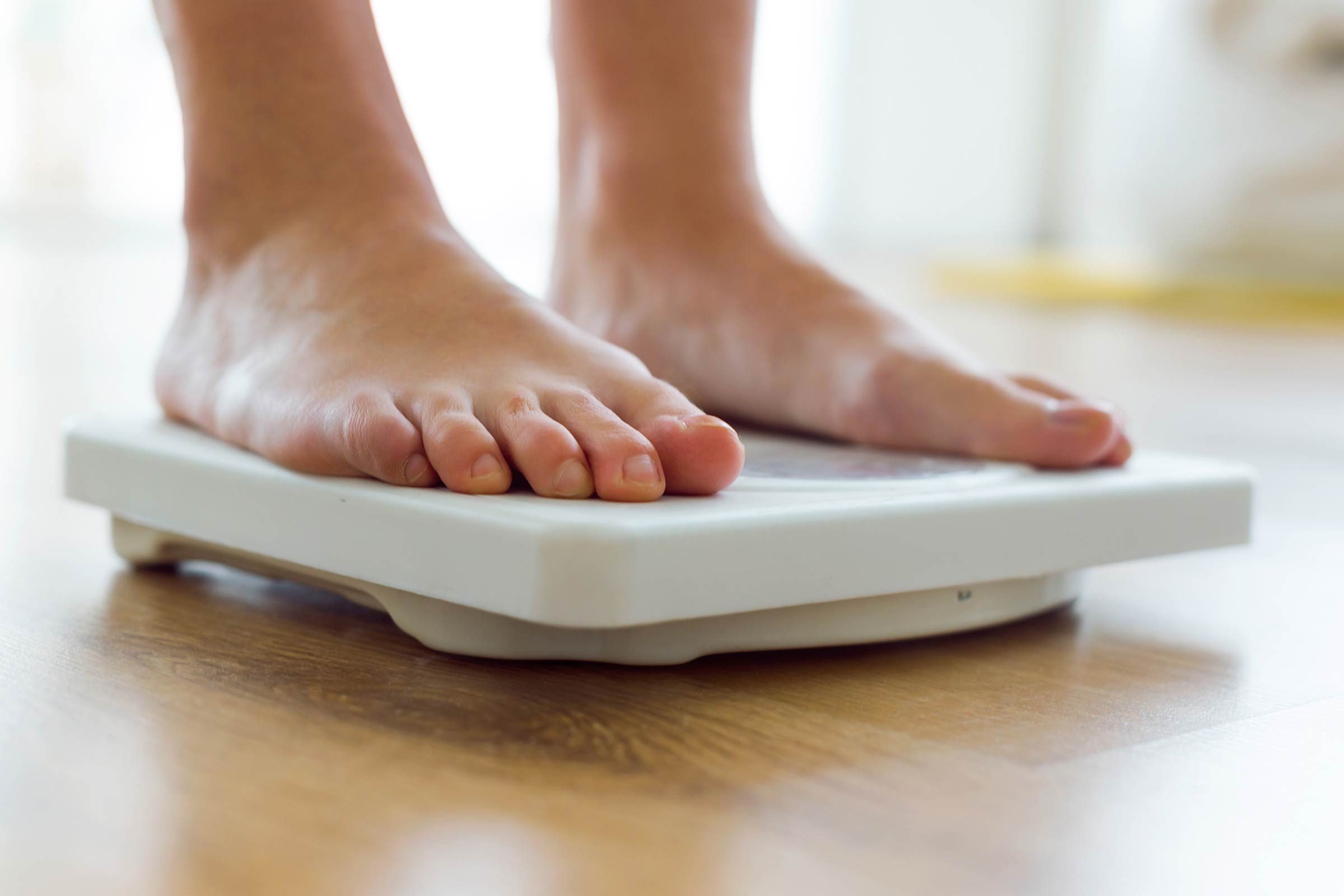
You can lose pounds in days
Don’t follow any diet with a number in the title—”The 7-Day Diet,” or “The 48-Hour Diet,” for instance. “That implies there’s an endpoint,” says Philadelphia medical weight loss expert Charlie Seltzer, MD. The problem with those quick fixes? “You’re not addressing the things that have made you overweight in the first place,” he says. Uncovering the behaviors and making a plan to overcome them is what creates lasting change. Try these quick weight-loss tips from nutrition pros.

You need a jumpstart diet
Some people say that jumpstarts (like going on a severely restrictive two- or three-day diet, for instance) often help them see immediate results, which can parlay into motivation to keep going. However, as Dr. Seltzer points out, it’s very difficult to change ingrained habits. Jumpstarts ask you to change your habits once, and then you have to try to change your habits again for the second- and/or third-phases of the diet. “Anything that you plan on doing for the rest of your life should be done as part of your weight loss plan,” he says. That said, there are ways to get the ball rolling quickly on your new healthy lifestyle.

It’s all about calories
Of course calories matter, but lowering the number won’t always get you the results you want. That’s because when you lose weight you lose both fat and muscle, which is not ideal. “Muscle is the machine that burns calories,” says Osama Hamdy, MD, PhD, medical director of the Obesity Clinical Program at Joslin Clinic and author of The Diabetes Breakthrough. Lose too much muscle, and you’ll easily regain weight. However, you can maintain muscle mass by doing strength workouts and eating protein with meals and snacks, says Dr. Hamdy. These gym hacks will make your workout less of a chore.
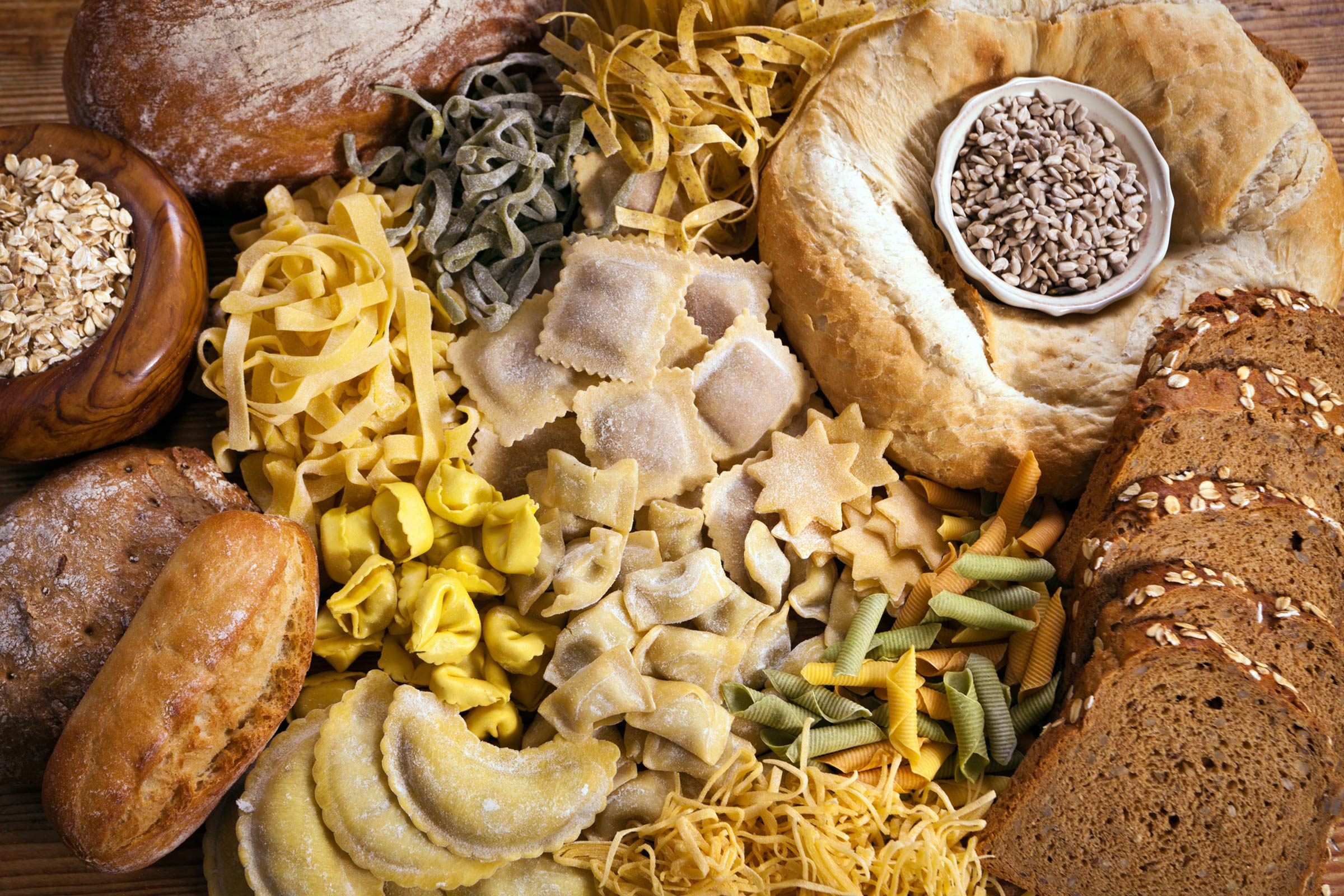
Cut back on carbs
You’ve heard for a long time that the way to lose fat fast is to say no to bread and pasta. But quinoa lovers everywhere can breathe a sigh of relief: You can eat carbs. In a study in 2015, calorie-for-calorie, restricting dietary fat helped people lose more body fat over a six-day period compared to cutting carbs. That’s not to say that you need to stop loving avocado and almond butter, either. The differences were relatively small. You’re better off following the healthy eating plan that works for your lifestyle and makes you feel your best, whether that includes carb-rich foods or not. For weight-loss tips, try these foods that will shift your body into fat-burning mode.

Work out an hour a day
Actually, if you were to ask Dr. Hamdy, that’s a waste of your time. “We find the people who are most successful are those who do 10-minute bouts spread out during the day,” he says. His weight-loss tips? Stretch for 10 minutes in the morning, speed walk during lunch, and then do weights in front of the TV at night. On the weekend, plan fun things that are naturally active, like hiking or a nice bike ride. The problem with planning hour-long trips to the gym? Life happens and that’s a habit that’s hard to stick with. Simply trying to be more active, on the other hand, can become a part of your lifestyle. These 60-second exercises can help, too!
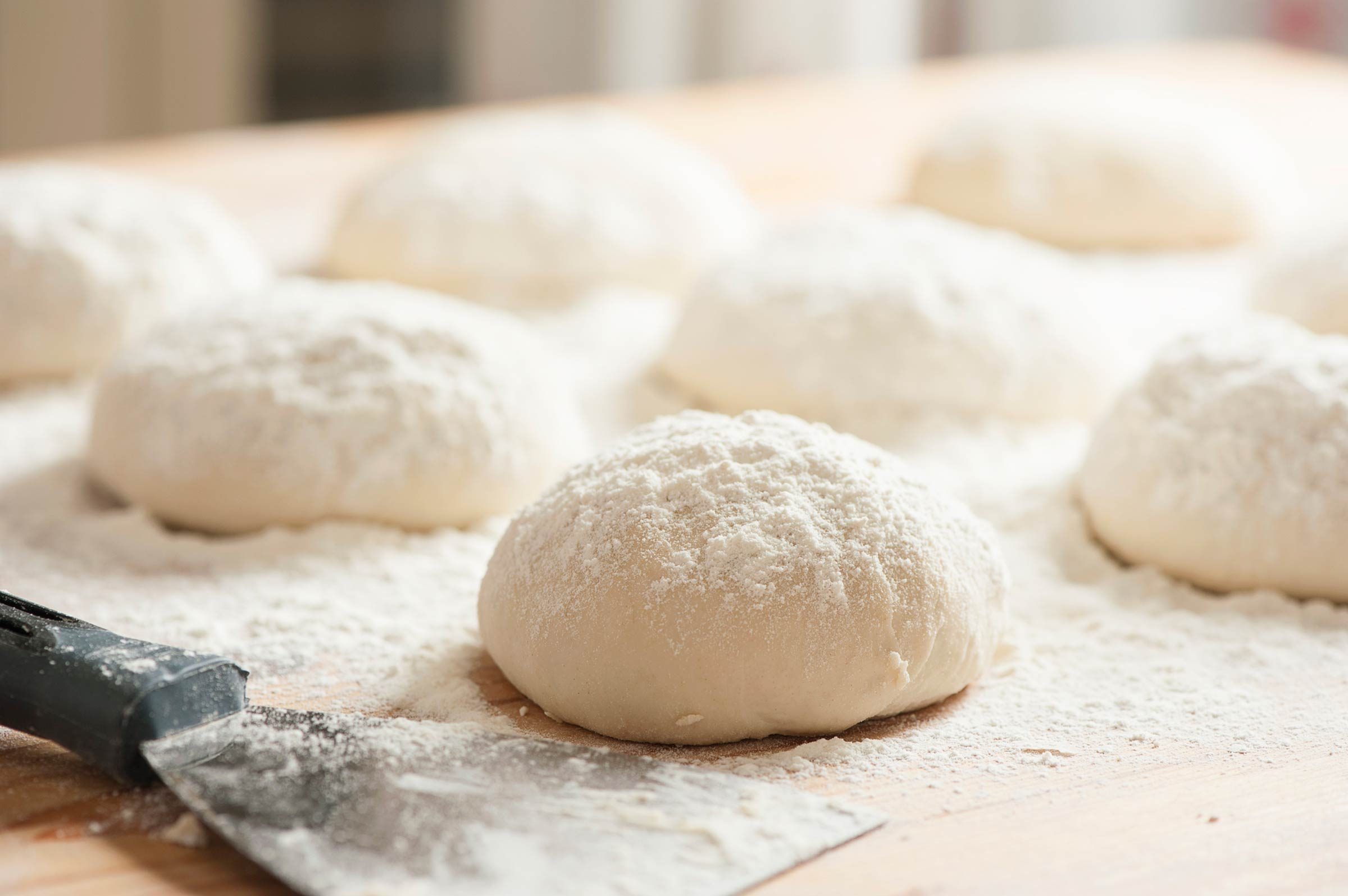
Banish gluten
Many celebs have credited going “g-free” (gluten is the protein found in wheat) with their slim physique. But it’s probably not eliminating gluten that does the trick, but rather forgoing entire food groups (like grains) altogether. (It goes without saying that if you have a sensitivity to gluten or have celiac disease, then eliminating gluten is smart.) For the majority of us, going gluten-free only “replaces carbs with another carb,” explains Dr. Hamdy. For instance, you don’t eat regular pasta, you eat rice (or gluten-free pasta). “You end up eating the same amount of carbs, and sometimes more,” he says. And remember: Potato chips are gluten-free—and no one would tell you to eat those to lose weight. Skip the gluten if you have a medical reason to, but don’t skip it in hopes that it’s a magic bullet to slim.

Eat low-fat foods
The idea is that if you buy foods with less fat, they should contain fewer calories, right? That’s only what companies are hoping you’ll think. Turns out, that only about 60 percent of low-fat foods actually contain significantly fewer calories than regular versions, per 2016 research in the journal Appetite. If you’re concerned about calories, read the nutrition label to see exactly how much a low-fat food saves calorie-wise. You may be better off choosing the full-fat version, like full-fat yogurt, as some research shows that these can make you feel more satiated and satisfied. These inspirational weight-loss tips and stories will keep you motivated.
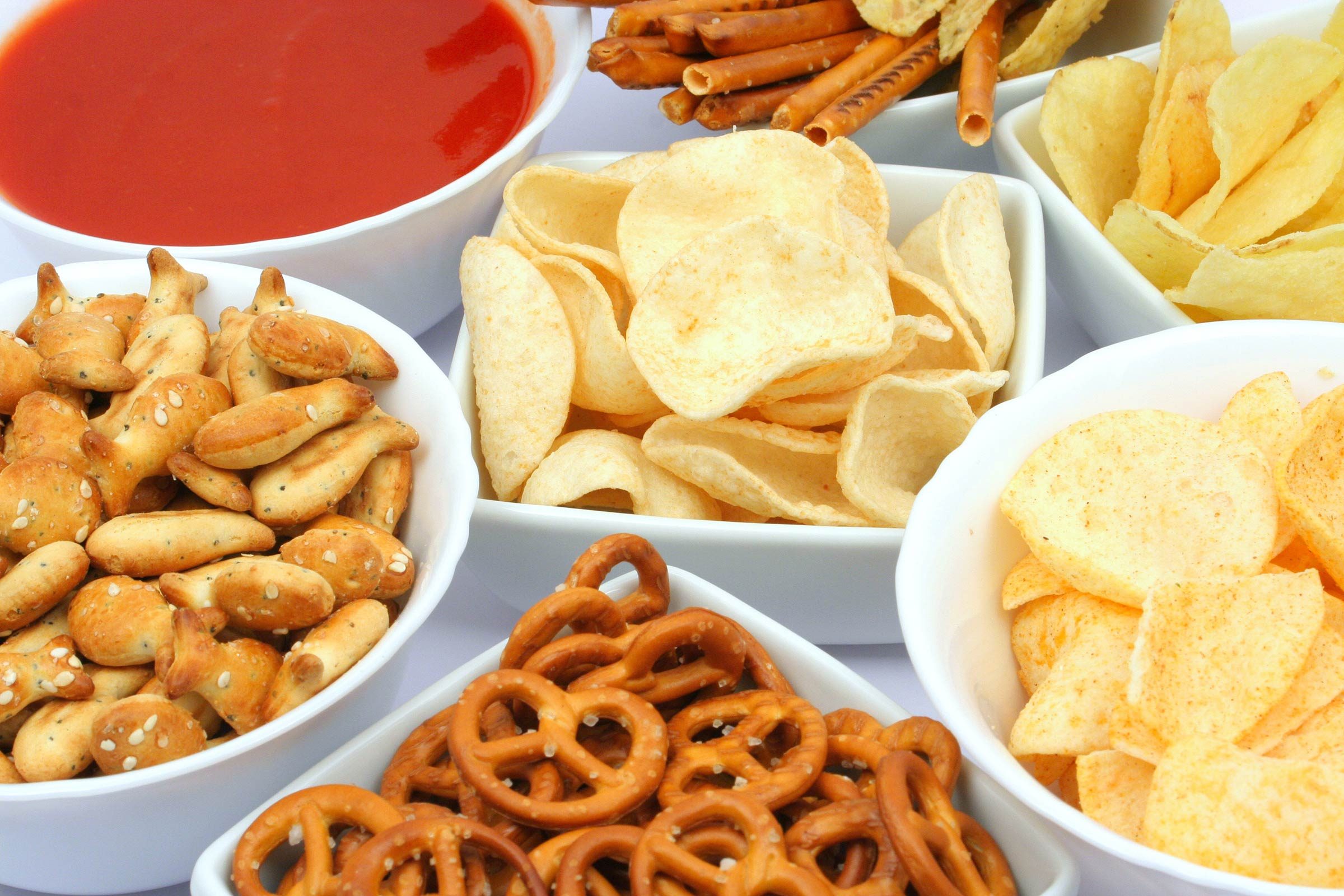
Snack frequently
The right snacks can help keep you from getting ravenous, so you don’t end up overeating at your next meal. However, we’re a country of snackers. “Most people gain weight because of snacks, not meals,” says Dr. Hamdy. That’s because we tend to be unconscious about what we’re putting in our mouths when nibbling (like snack mix in front of the TV), and that piles on the calories. If you like to snack, go ahead and do it, but do it mindfully: Sit down and pay attention to what you’re eating, and include a source of protein (like a hard boiled egg or cottage cheese) for staying power. Here’s how to load up on protein.
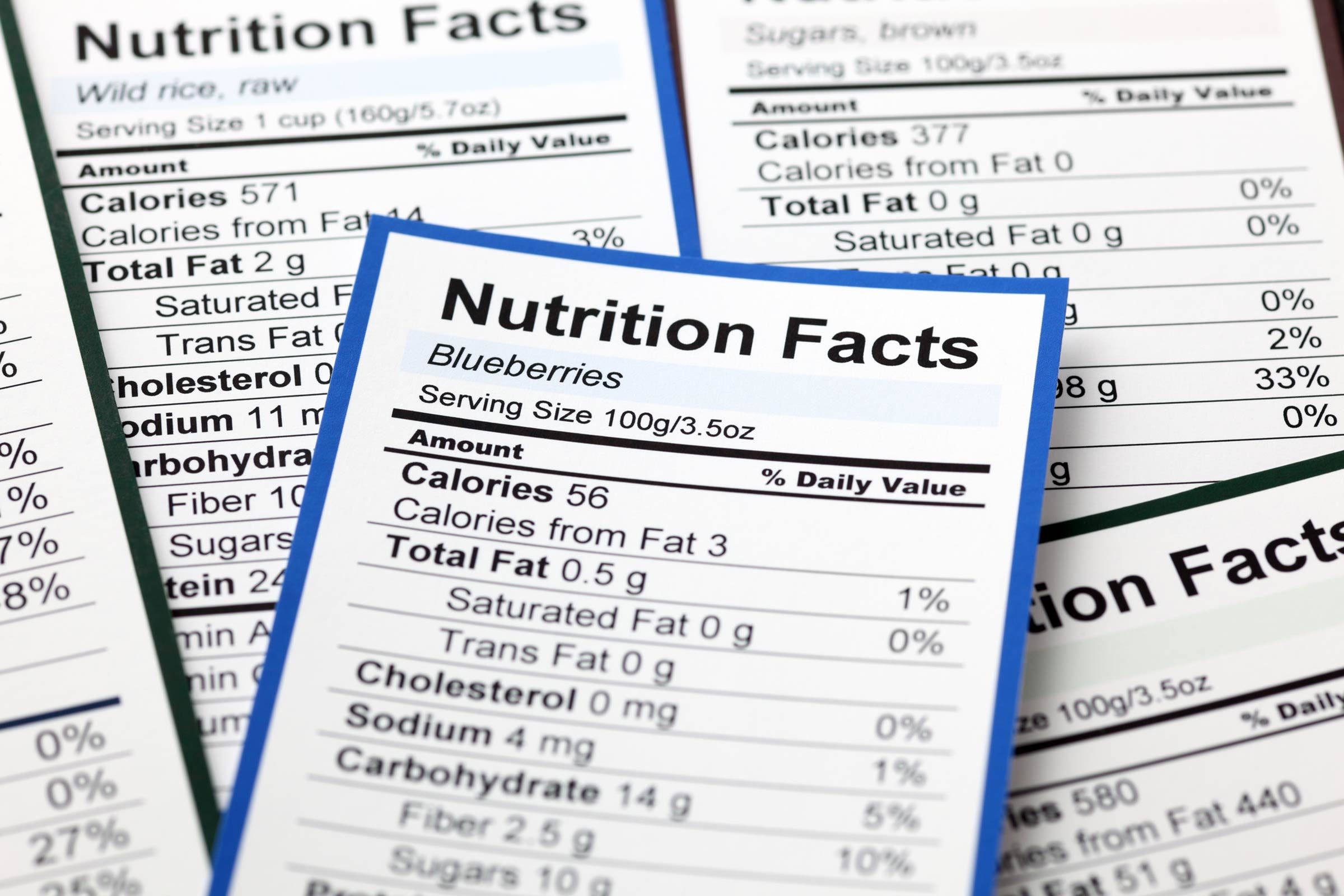
Look for health claims on food labels
It’s a good idea to flip the package over and take a peek at the ingredients, but forget the health claims listed on the front. In a study in the International Journal of Obesity, people served themselves larger portions of foods with nutrition claims (like “reduced-fat”) on the front, and estimated that these foods contained fewer calories. The lesson? The main label is all marketing—it’s what’s on back that counts. Here’s how to decode the trickiest terms on food labels.

Don’t eat at night
Although some research shows that calories ingested at night are more likely to end up padding your thighs than powering your activities, the results are inconclusive. This one is really about reframing your eating habits to be healthier—but still work with your natural tendencies. So if you like to eat at night, and you’re willing to save calories during the day to accommodate p.m. noshing, go for it. You’re more likely to be successful if you take a more practical approach and work with your body rather than against it, says Dr. Seltzer. “If you eat fewer calories than you burn, you will lose weight no matter what time those calories were consumed,” he says. Here are more weight-loss tips that experts won’t tell you.

Supplements can boost your metabolism
The first problem with pill-popping: Weight loss needs a multi-pronged approach. You need exercise, healthy food, and healthy habits and behaviors. “Without this combination, you won’t have long-lasting weight loss,” says Dr. Hamdy. Supplements are shortcuts, potentially harmful, and ultimately pointless. (For example, for caffeine to stimulate your metabolism you’d have to take in a dangerously large amount.) “There is no supplement anywhere that suppresses appetite and burns fat,” he adds. Skip them completely. But feel free to steal these weight-loss tips from around the world.
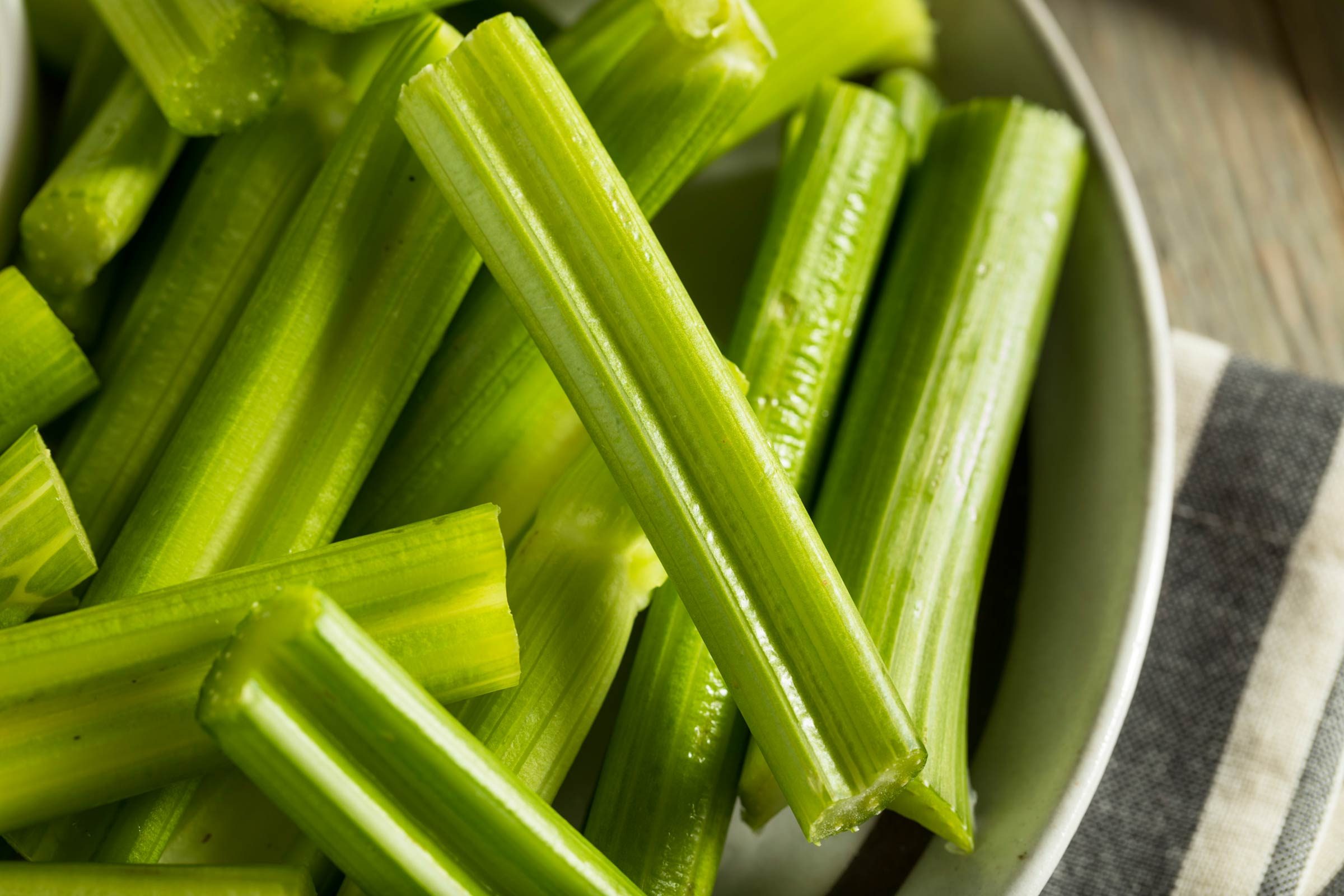
Eat foods with negative calories
Here’s the theory: Some foods, like celery and cucumbers, contain so few calories that you burn more calories just digesting them. Hence, they’re negative calories. First, this is actually correct—but you’re wasting your time trying to factor this in (or worse—eating celery if you hate celery). “Doing this won’t make any difference in the real world,” says Dr. Seltzer. The only way it can matter is if you switch out processed junk food for celery. But you’re probably not going to suddenly start doing that. Eat “negative calorie” veggies if you like them, but don’t count on them as a dieting strategy. What does help: Eating more vegetables in general. Here’s how to get more into your diet without even trying.
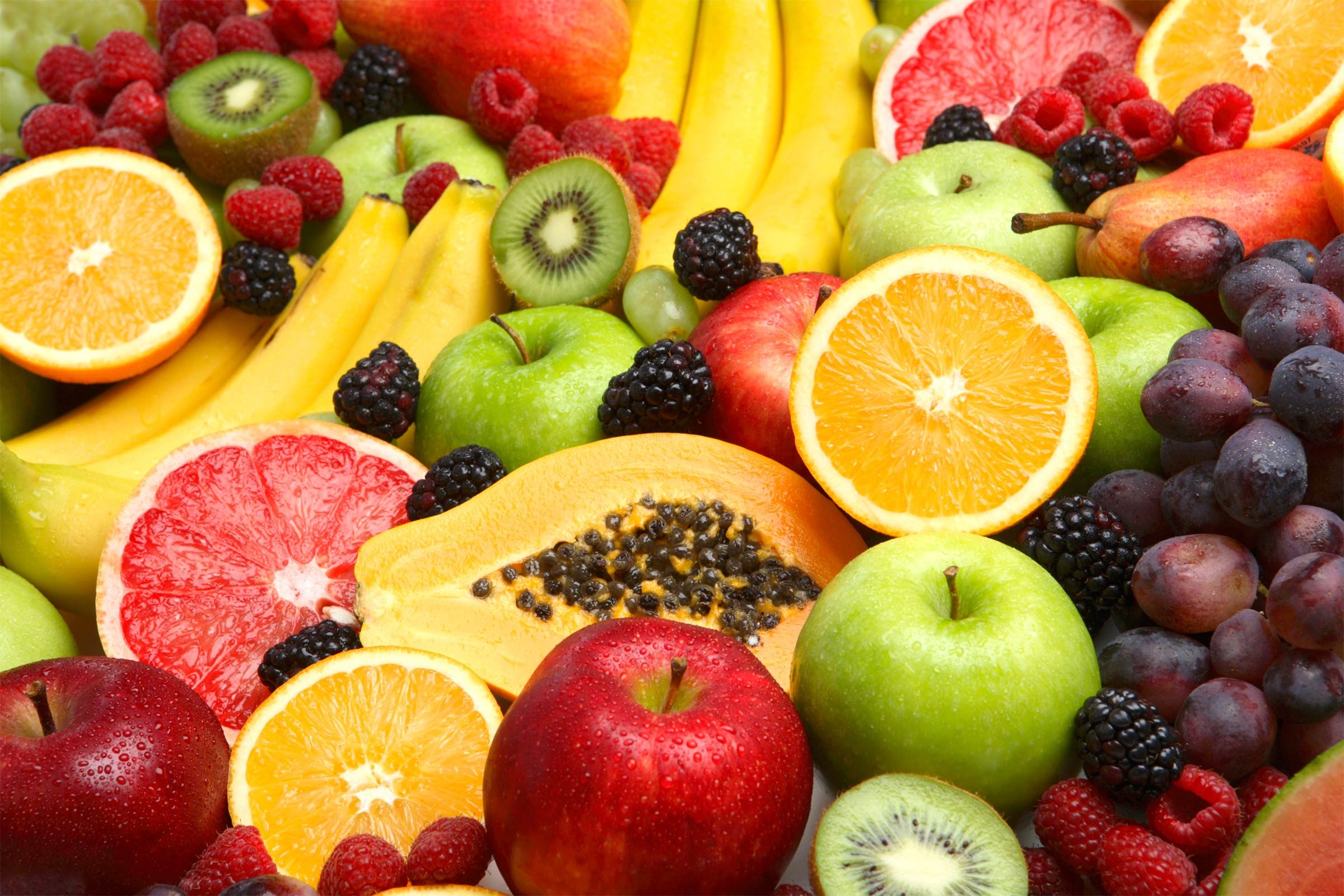
You can OD on fruit
There’s a thought that if you eat too much fruit, you’ll gain weight. The idea is that a banana, say, will spike your insulin level and prompt your body to store fat. In reality, says Dr. Seltzer, insulin drops again a few minutes later, meaning the worry about a single banana packing on pounds is moot. The real problem is simply overeating. Eating too many apples or oranges is only a thing if you’re overeating in general. “You can gain weight from eating too much of anything,” says Dr. Seltzer. His weight-loss tips? Don’t fear fruit, but do pay attention to how much you’re eating overall.
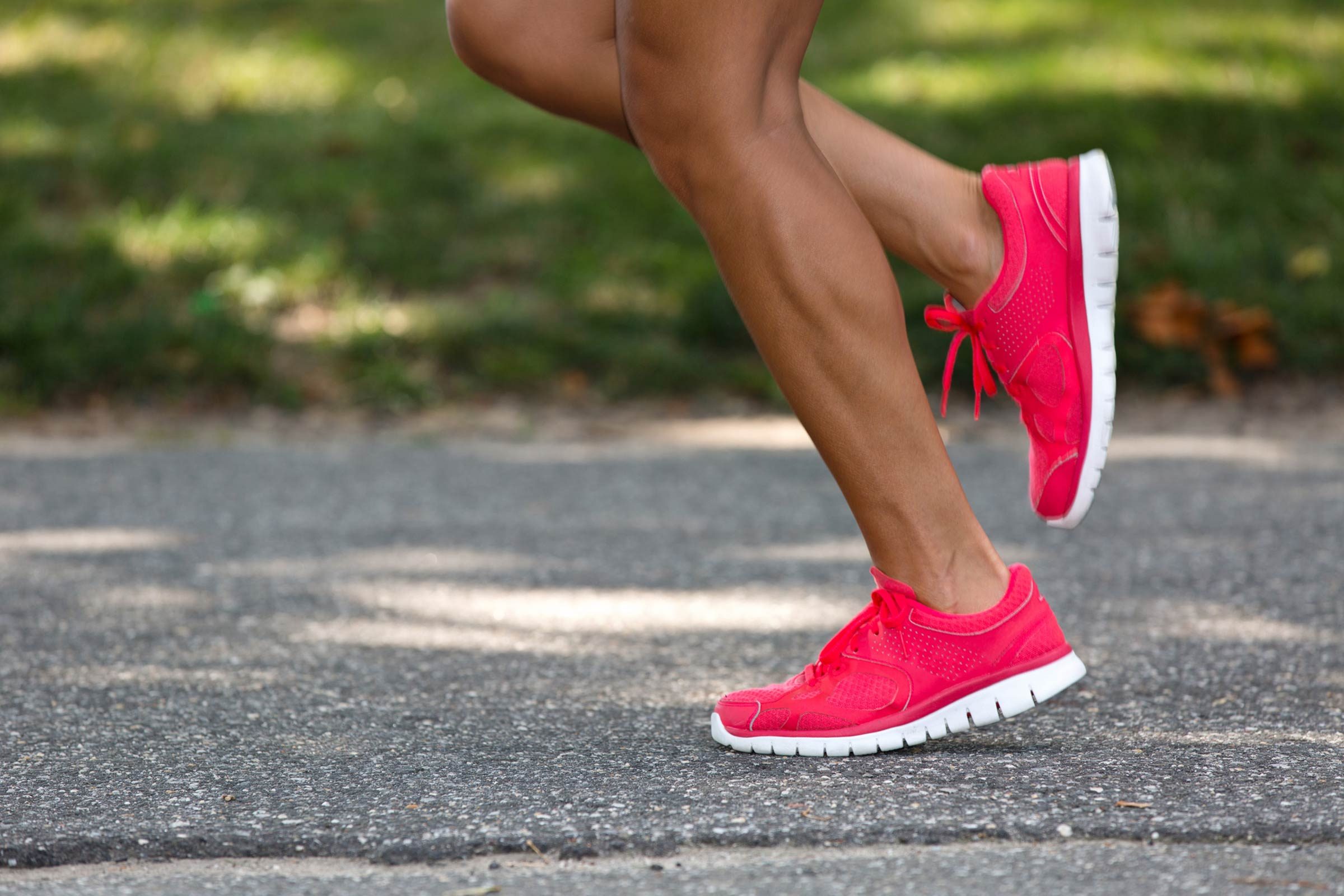
Follow the 3,500-calorie-to-a-pound rule
There’s a theory that in order to sustain weight loss, you need to make small tweaks to your everyday diet habits instead of large, potentially unsustainable changes. And while that may sound more doable, it doesn’t always yield results, according to a 2014 study on weight loss myths by the University of Alabama at Birmingham. The researchers give the example of the “rule” that 3,500 calories equals one pound. Under that, you’d expect that walking one mile per day would burn 100 calories per day, and thus you’d lose about 50 pounds over five years. However, as studies show, it’s only about 20 percent of that, as the body adjusts to new circumstances over time. Bottom line: Don’t get discouraged if you don’t see overnight results. Walking an extra mile, for instance, is a habit that will boost your health and help you lose weight—just not at as fast as you’d like. Keep it up. Here are more tiny tweaks that should help with weight loss over time.
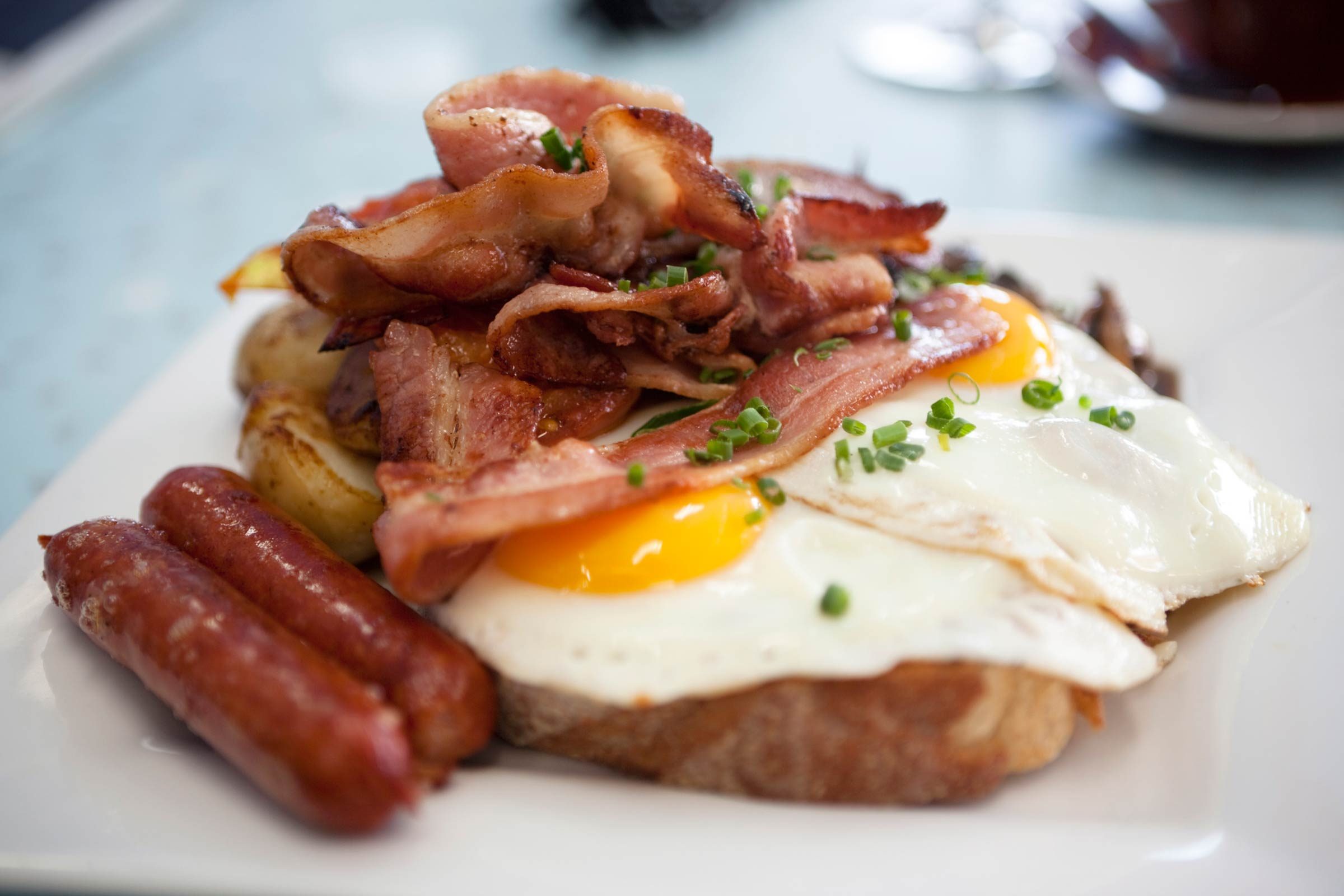
Skip breakfast
It’s tempting to skip meals and save your calories for later—particularly breakfast if a) you don’t really care for it and b) you’re not really hungry. Skipping breakfast is especially trendy with the “intermittent fasting” fad. But some research shows that eating a large breakfast can help you lose weight and is actually one of the better weight-loss tips. In a study in the journal Obesity, two groups of overweight and obese women ate 1,400 calories per day. The group who ate 700 calories at breakfast lost more weight (especially around their middles) than the group that ate only a 200-calorie morning meal. They improved their triglyceride levels, too. If you love breakfast, embrace it. Up the nutritional ante of your a.m. meal with these nutritionist-approved breakfast hacks.
